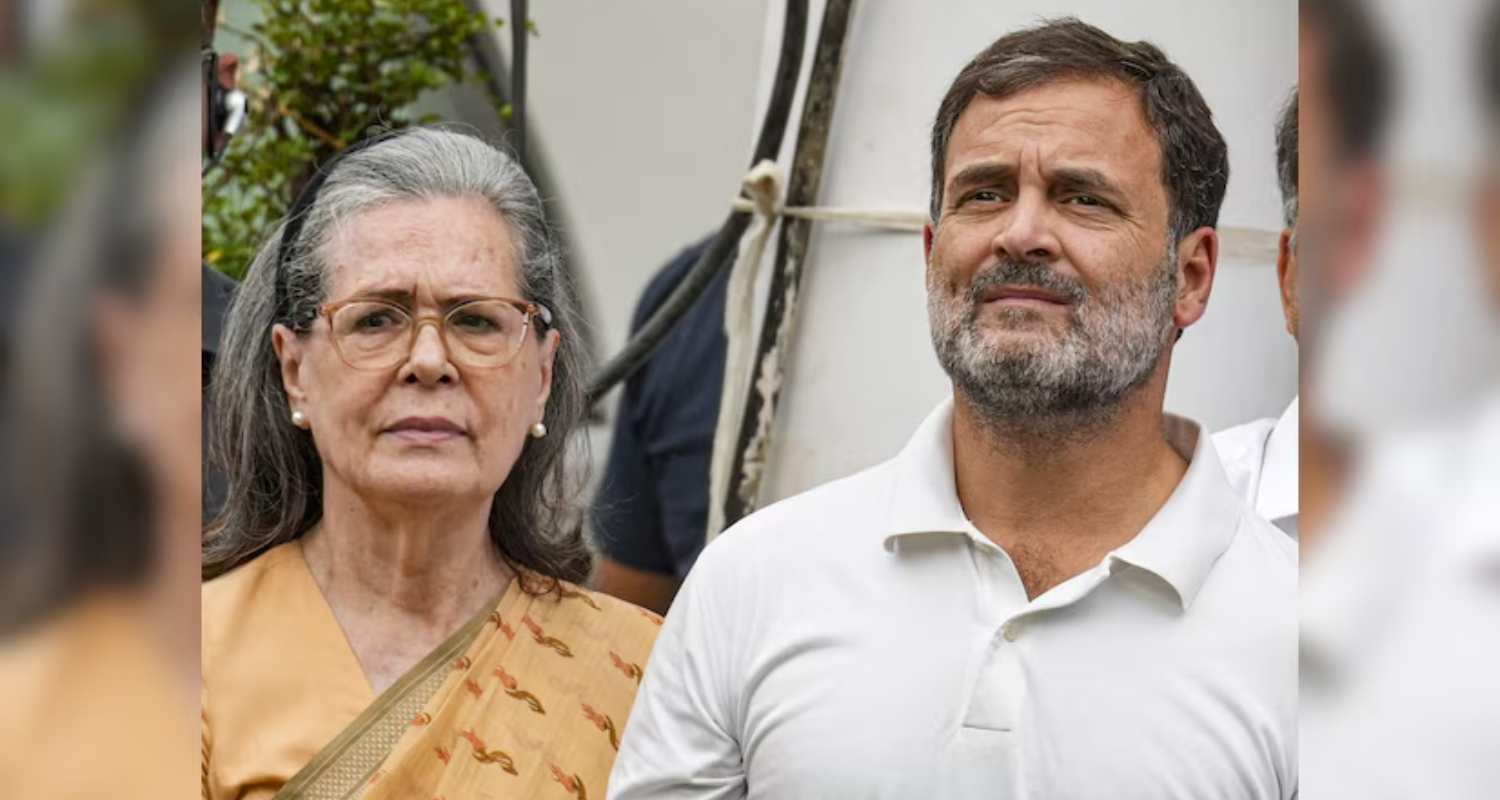The Congress Party on Monday launched a defense of its leaders, Sonia Gandhi and Rahul Gandhi, in the ongoing National Herald money laundering case. Senior party members held press conferences across the country, with Monday marking the first day of these events. Additional press conferences are scheduled for Tuesday and Wednesday in various regions.
In Delhi, senior Congress leader and former Union Home and Finance Minister, P. Chidambaram, declared, "The Congress party will stand firm, resist, and counter this political attack on our leaders, Sonia Gandhi and Rahul Gandhi."
He further explained that the National Herald is owned by Associated Journals Ltd. (AJL), a company established in 1937-38. AJL possesses six immovable properties across India, with the property in Lucknow being the only freehold asset.

The other properties in Delhi, Panchkula, Mumbai, Patna and Indore are leasehold properties allotted by the government concerned with the condition that the property cannot be sold. He said the Income-tax department has valued the properties of AJL at Rs 419 crore.
He said, over the time, AJL incurred huge losses. AJL and the National Herald could not pay the taxes, statutory dues, or wages and salaries. The outstanding liabilities of AJL were huge and mounting.
Chidambaram said that between 2002 and 2011, the Congress party stepped in and advanced money in small tranches, by cheques, amounting to Rs 90 crore. The money was used to pay the outstanding liabilities, including wages and salaries.
The senior Congress leader said that the AJL was a debt-laden company and on legal advice, it was decided to restructure the company.
In 2010, a new company, Young Indian, was formed as a “not-for-profit” company under Section 2 5 of the Companies Act, 1956 (now Section 8 of the Companies Act, 2013).
He explained that Young Indian (YI) had four shareholders, all of whom were senior Congress party leaders. YI took over a ₹90 crore loan that the Congress party had given to AJL, after paying ₹50 lakh. This made YI the new lender to AJL. Since AJL couldn’t repay the loan, both companies agreed to convert the loan into equity. As a result, AJL issued shares to YI instead of repaying the loan.
Also Read: Rahul calls EC 'compromised', BJP hits back with jibe
He said that converting debt into equity is a common way to restructure companies and that banks often use this method. For example, he mentioned that the Government of India recently converted Rs 36,000 crore owed by Vodafone India into equity. Now, the government owns 48.99 per cent of Vodafone India.
Chidambaram said, since ‘Young Indian’ is a not-for-profit company, even if it made profits, under Section 25 (now Section 8) it cannot give or distribute salaries or dividends to its shareholders. “Since incorporation, not a single rupee has been paid by Young Indian to its directors or shareholders”, he clarified.
He said, in 2013, an individual complainant lodged a private complaint against the Directors of Young Indian alleging cheating, conspiracy, etc. At the stage of cross-examination of the complainant, the complainant filed an appeal in or about 2020 to the High Court, Delhi and obtained a stay of further proceedings in the Trial Court.
Hence, effectively, the criminal case is stayed, he observed. In 2023, he said, the ED registered a case under PMLA presumably based on the criminal case (started on a private complaint) pending before the Trial Court.
“Where is the crime? Where are the 'proceeds of crime'? Where is the tainted money? Where is the offence of 'money laundering?" he asked, while observing, “it is elementary that there is no transaction of money. Without money, there are no 'proceeds of crime'. Without 'proceeds of crime', there is no money laundering. Without money laundering, the ED has no jurisdiction”.
Also Read: Congress defends Gandhis ahead of crucial court hearing



